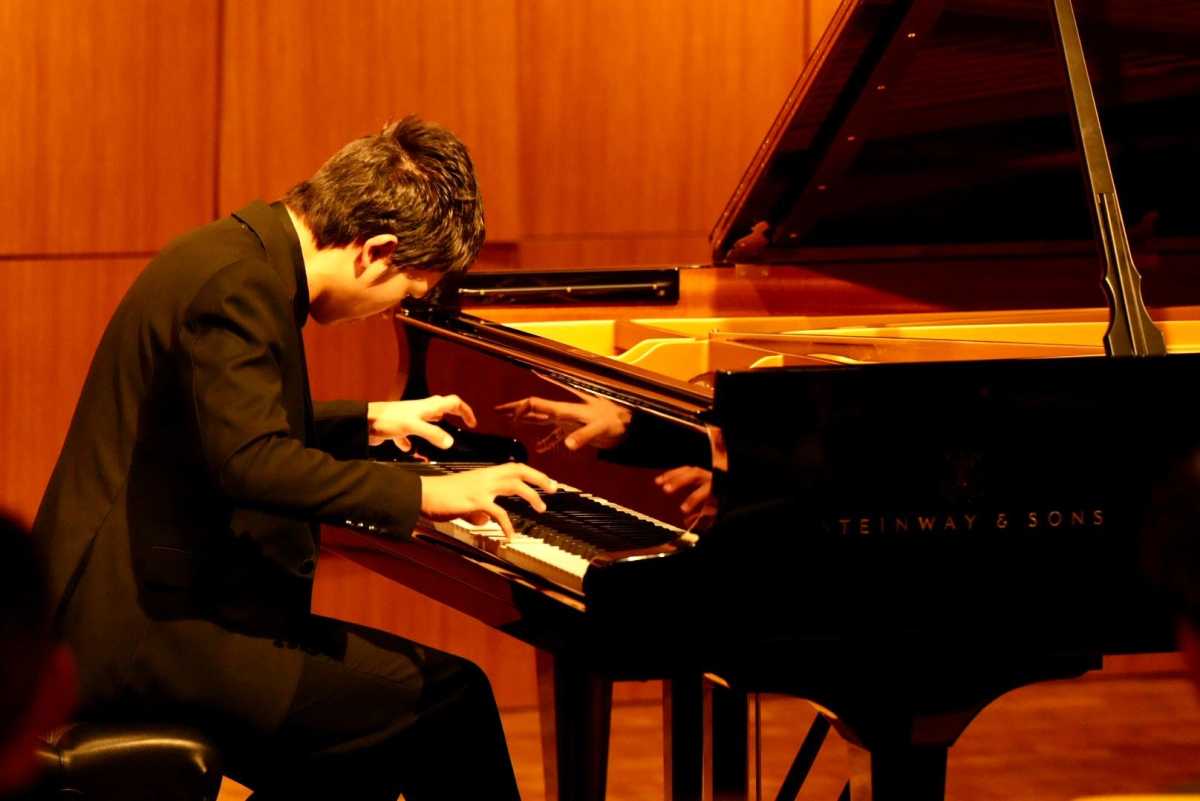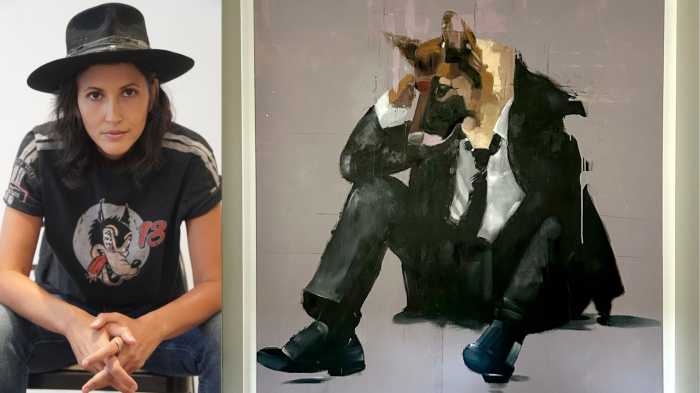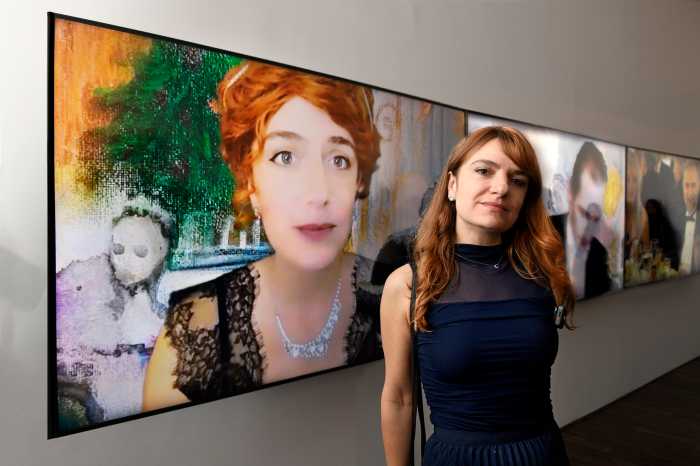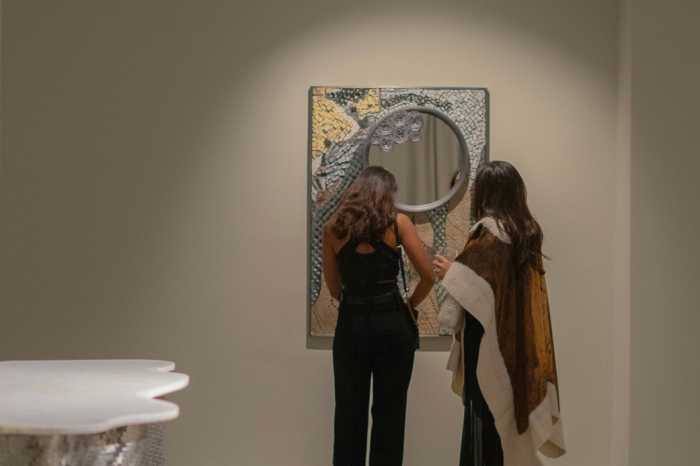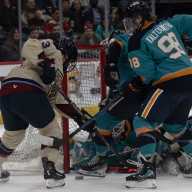The Lang Lang International Music Foundation held an hour-long concert showcasing some of their students, representing the future of classical music.
Four Lang Lang scholars took to the stage at Steinway Hall, all playing different, intricate pieces that they gave more information about before playing. Alexander Liu, Ryan Huang, Taiga Wang, and Sencheng Zhang certainly put on a performance that many of the teachers and family members won’t forget.
All four of the pianists are part of the Young Scholars program, which embodies the goal of what the Lang Lang Foundation intended to seek out: redefining music education across the country. The flagship program has scholars in a three-year intensive initiative designed to empower young pianists from ages 13-18.
Since the start of the program, back in 2008, they have churned out dozens of musicians, nurturing them with high-profile performance opportunities, unique community engagement experiences, and world-class mentorship opportunities with not only the founder of the foundation, Lang Lang, but with faculty across the country from different music schools such as Juilliard, Manhattan School of Music, and The Royal Academy of Music.
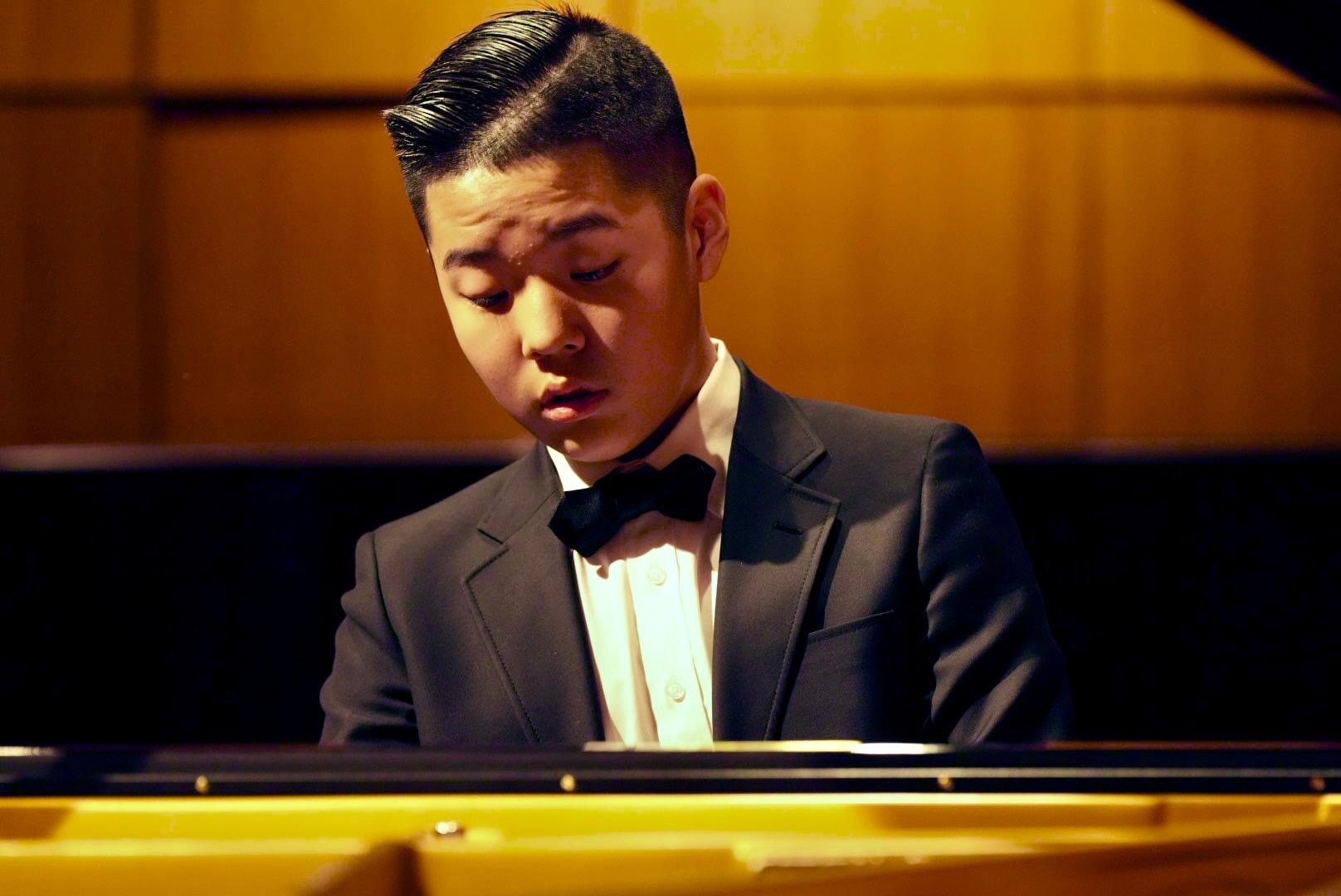
With the scholars’ experience from local venues to concert halls, their skills were shown Nov. 12, and the CEO of the Lang Lang Foundation, Lukas Barwinski-Brown, commented on seeing these scholars explore classical music across the world.
“It’s deeply moving,” Barwinski-Brown expressed. “Every time I see one of our young scholars on stage, I’m reminded why the Foundation exists, to give extraordinary talent the chance to grow and be heard. These performances aren’t just concerts. They’re proof that music still has the power to inspire, unite, and bring out the best in us.”
With the talent that was showcased that night, it is clear that music indeed still embodies the themes of unity. Everyone’s breath was stolen when The third pianist of the night Teige Wang, briefly touched on how he cut down the 12-minute piece of Night on Bald Mountain to just eight minutes.
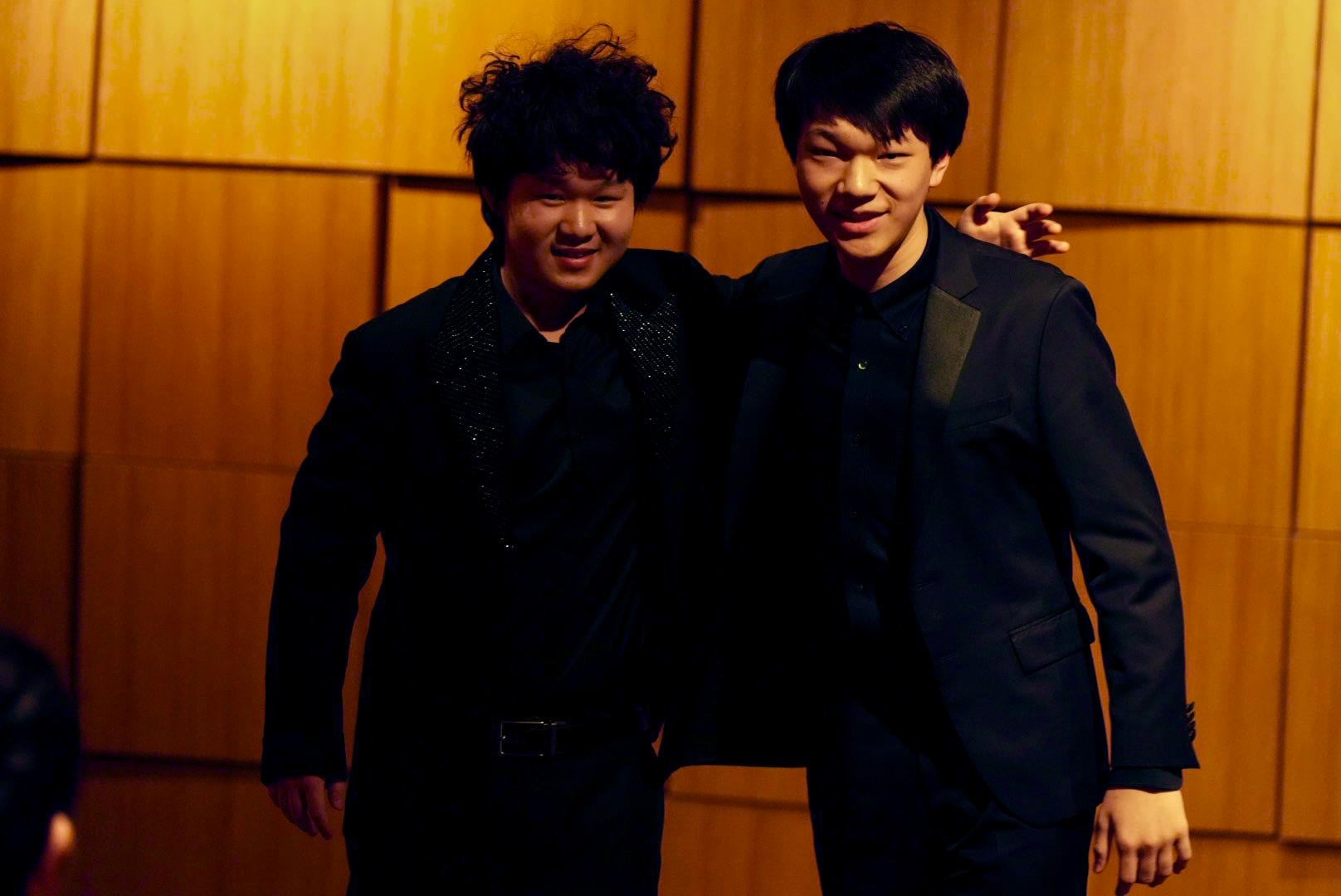
“Classical music needs new energy and new voices to stay alive,” Barwinski-Brown continued. “They’re essential. Programs like ours help young artists believe that their art matters and that there’s a place for them in the world. It’s not just about preserving tradition but keeping it vibrant and relevant.”
Their artistry was shown throughout the night as each and every one of the four gave a brief description of what they would be playing. For example, Alexander Liu play an amazing four piece (No.1 B-flat Major, No. 2 E minor, No. 3 A-flat Major, No. 4 A minor) and explained to the audience why he chose Mazurkas, Op. 17.
“We focus on more than just technical skill,” Barwinski-Brown commented. “We help them find their artistic voice, their own story to tell through music. It’s about guidance, mentorship, and creating experiences that challenge and inspire them, on and off stage.”
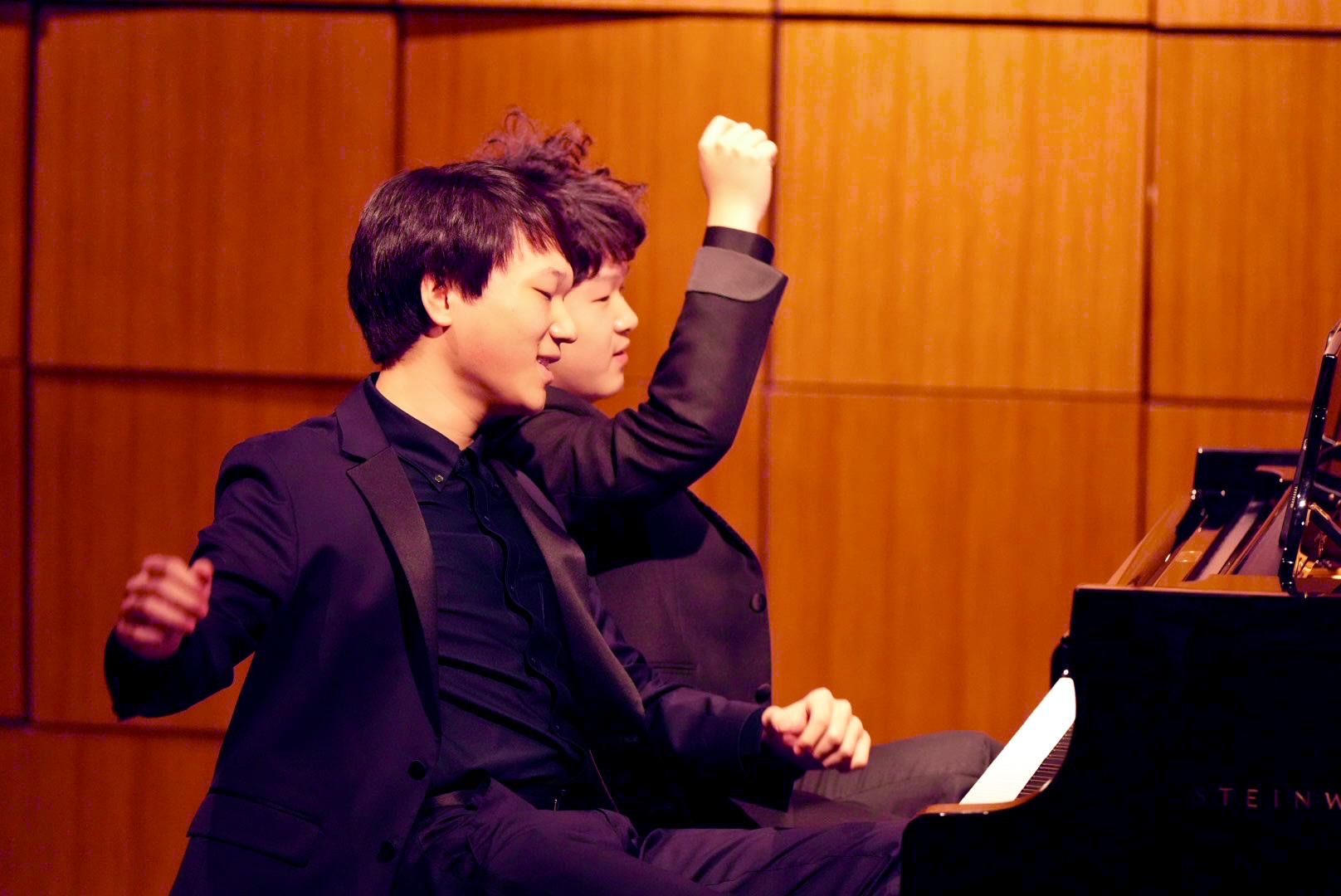
Each of the pianists got to perform a solo piece of their choosing, and then a collaboration with each other. Liu paired with Ryan Huang, who had a unique mix of ragtime classical pieces that contained the only percussion of the night (using his hands to clap and thump atop the piano).
Wang partnered with Sencheng Zhang, who performed the amazing pieces Liebeslied, S. 566 and Sonata No. 3 Op.58, 4th Movement. With each of the pieces, it keeps you on your seat with the way all four of the young pianists are able to move like lightning speed and have intensive focus while also feeling the emotions of the piece, almost as if it were coming alive within their heads.
Going beyond their solo pieces, connection is a core value that matters to not only the scholars, but the Foundation and what it represents.
“We spend real time together. I listen to them, ask questions, and try to understand who they are beyond the piano. With their professors I share that same spirit, it’s a community built on respect, curiosity, and care. That connection is what makes everything we do possible.” Barwinski-Brown explained.
This is just the start of their musical journeys for the four pianists, who have already performed at the Great Wall of China in Beijing. With the support of the Lang Lang Foundation, Barwinski-Brown hinted that he wants to keep planning unexpected venues for the scholars to perform at.
“I’d love to see them play somewhere unexpected, maybe an open-air concert in a city square where anyone can listen. Bringing classical music out of concert halls and into people’s everyday lives feels important.”



